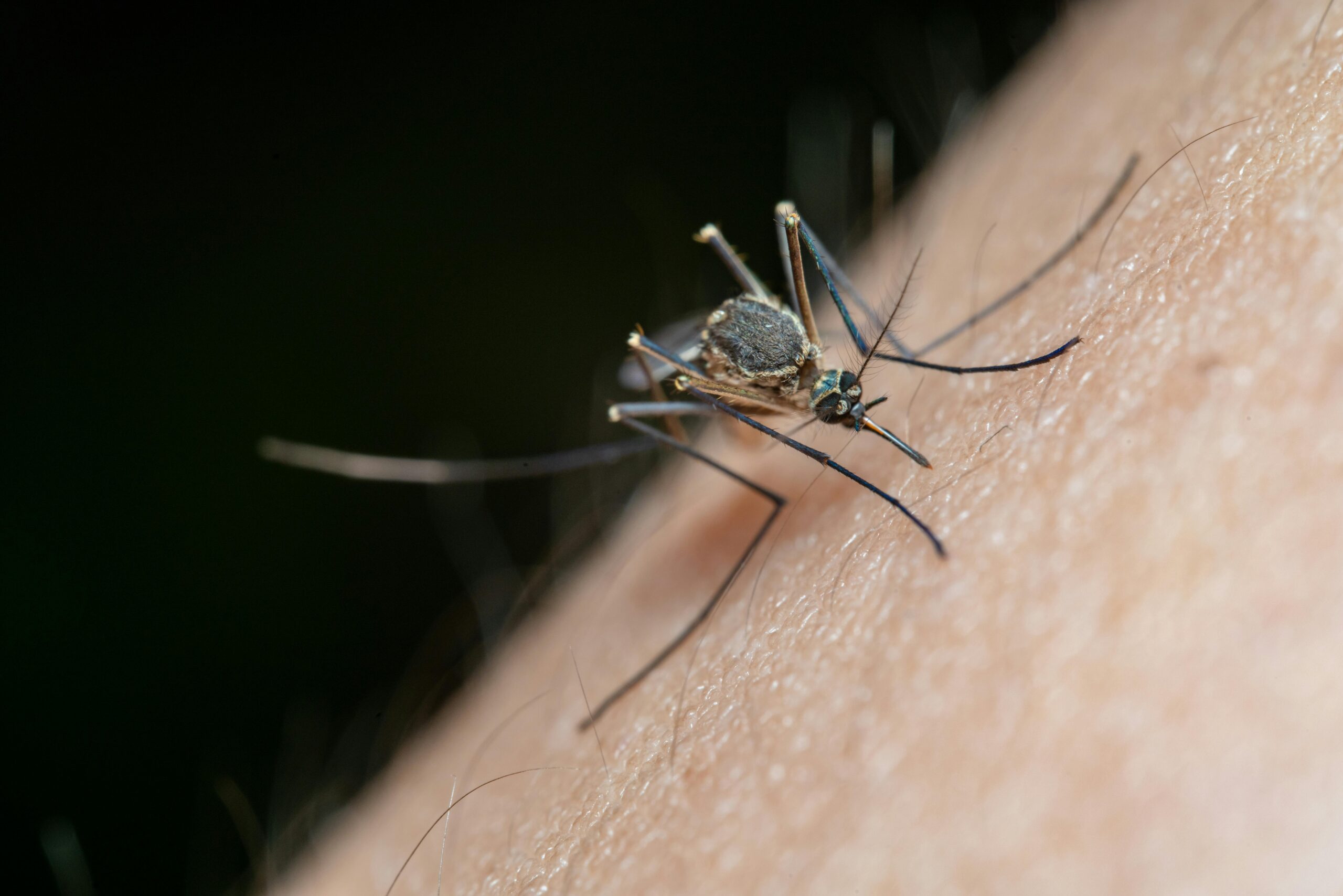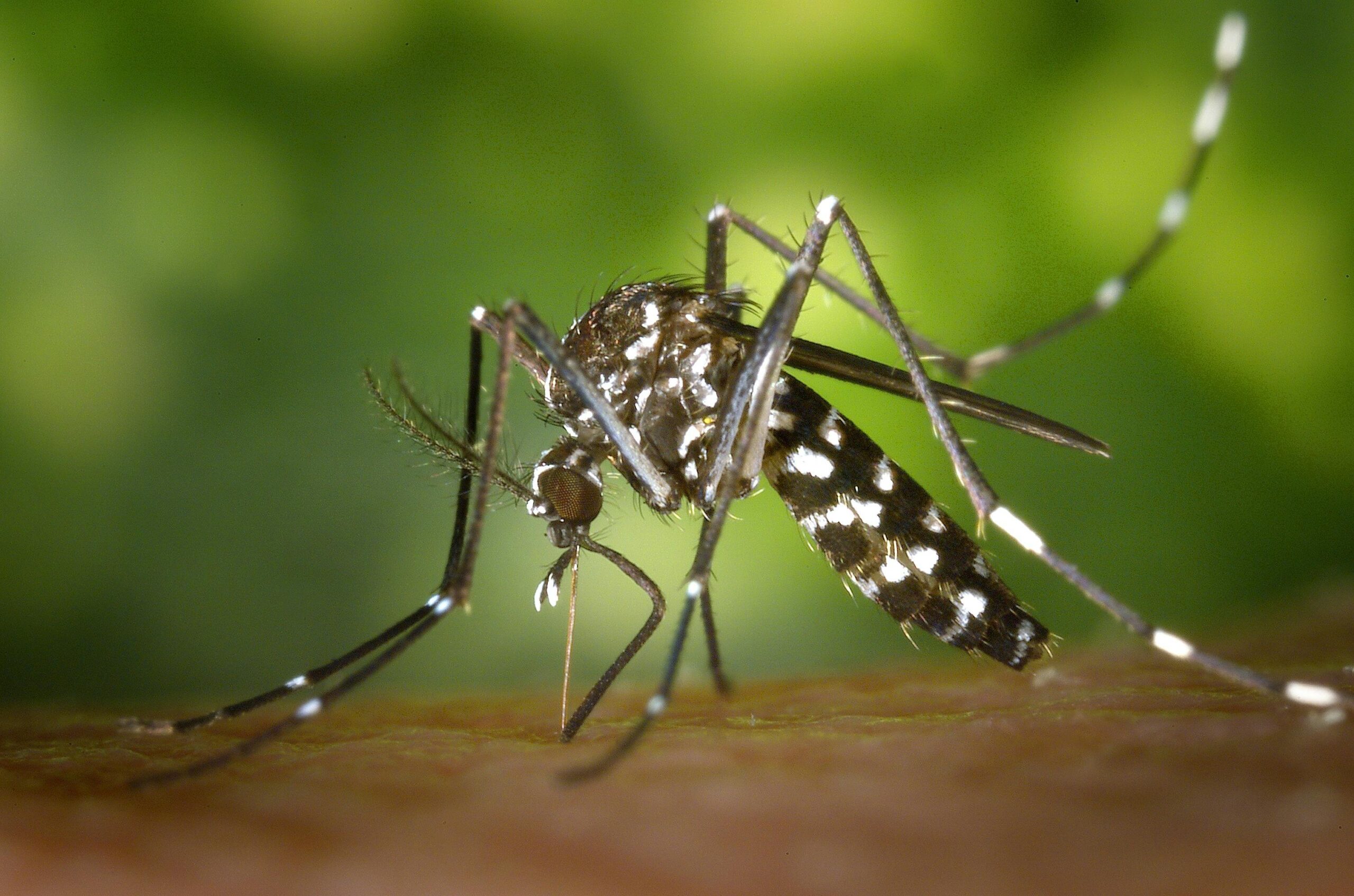World Malaria Day 2024
Observing World Malaria Day 2024: World Malaria Day is observed annually on April 25th to raise awareness about malaria prevention, treatment, and control. It’s a day to highlight the global efforts to combat malaria, a disease that still poses a significant health risk in many parts of the world.
World Malaria Day is significant because it serves as a reminder of the ongoing battle against malaria and the importance of continued efforts to control and ultimately eradicate the disease. It’s a day to raise awareness about the impact of malaria on individuals, communities, and economies, as well as to advocate for increased investment in prevention, diagnosis, and treatment strategies. Additionally, it provides an opportunity to celebrate progress made in the fight against malaria and to mobilize support for further action.
Timely recognition and treatment of malaria symptoms are crucial as the disease can be fatal if left untreated.
Some diseases can be life-threatening if not treated on time. Malaria is one such disease. Malaria is a common mosquito-borne disease. Malaria is caused by Plasmodium parasites, which are transmitted through the bite of infected Anopheles mosquitoes. The signs and symptoms of malaria can be mild or severe. If these symptoms occur, you should seek medical attention immediately. Malaria can be fatal if not treated on time.
What are the 10 symptoms of Malaria

If you see these 10 changes in your body, you may have malaria. Check out these 10 signs.
1) Excessive sweating and sweating
A high fever is a common symptom of a cold. You may have a fever in any disease or condition. However, it is also commonly seen in people with malaria. If you have a fever, call your doctor right away. Visit a doctor who will recommend you some tests to confirm the diagnosis of malaria.
2) It’s cold
If you have a cold, it could be a sign of malaria. Therefore, do not ignore this symptom.
3) Neck and shoulder pain
If you have malaria, you will usually experience these symptoms. Your muscles ache and your head hurts.
4) Tiredness.
Are you tired all the time? Are you struggling with your day to day tasks? Then it’s time to go to the doctor. Fatigue is a symptom of malaria.
5) Nausea, vomiting and diarrhoea
Other symptoms include nausea, vomiting and diarrhoea. But in malaria also these symptoms are felt. Nausea is the desire to vomit, the desire to remove food from the mouth during vomiting. If so, contact your doctor immediately.
6) Coughing
Are you constantly coughing? Are you having trouble with your daily activities? Are you constantly interrupting someone else’s work? This can be a symptom of malaria.
7) Rapid breathing
Rapid breathing is also a symptom of malaria. This symptom is often overlooked.
8) Abdominal pain
If you have severe abdominal pain, you may have malaria. If you do not want to compromise with your health, then you should get an accurate diagnosis and treatment immediately.
9) Blood in the urine
Apart from urinary tract infection (UTI), bleeding from it can also be a symptom of malaria.
10) Back pain.
Are you suffering from constant back pain? Are you worried about your back pain? Don’t ignore it, it could be a symptom of malaria.
Preventive Methods
Malaria can be life-threatening, follow these methods to prevent it from spreading;
Malaria is a mosquito-borne disease that can cause death in severe cases. However, this disease can be prevented if it is treated on time. World Malaria Day 2024 is observed every year on 25 April to raise awareness about the disease.
1. With the rise in temperature, the menace of mosquitoes has also increased. Mosquitoes can cause many serious diseases. Malaria is one of these serious diseases, which in severe cases can lead to death. Along with malaria, mosquitoes are also responsible for diseases like dengue and chikungunya. Malaria is the most common.
2. World Malaria Day 2024 is observed every year on 25 April to raise awareness about the disease. On this occasion, we are going to learn about some of the ways by which you can prevent the spread of malaria.
3. According to the World Health Organisation (WHO), malaria is a mosquito-borne infectious disease. It is mainly found in tropical countries. This disease can be prevented and treated. This infection is caused by parasites and does not spread from one person to another.
4. The most common early symptoms of malaria include fever, headache, and chills. Symptoms usually begin within 10-15 days after the bite of an infected mosquito. Other symptoms include: Extreme fatigue, fainting, difficulty breathing, dark or bloody urine, abnormal bleeding
5. First insecticide should be used to prevent malaria or other diseases. Wear long-sleeved clothes and trousers. Keep the doors and windows closed at night. It is also important to apply sunscreen every day and take regular baths.
6. It is necessary to use insecticides to prevent mosquito bites. EPA-registered insect repellents are safe and effective for use. It is also safe for pregnant and lactating women.
7. Adults should spray the insect repellent on their hands, and then apply it to your child’s face. But it’s important to follow all the instructions carefully.
8. Permethrin is an insecticide, which is used to kill or eliminate insects. It provides long-lasting protection. When using permethrin, carefully follow the guidelines of this product. Remember that permethrin products should not be used directly on the skin.
Conclusion:
In conclusion, while some individuals may advocate for the use of olive oil as a remedy for snoring, the scientific evidence supporting its efficacy remains inconclusive. Experts caution against relying solely on olive oil as a solution for snoring, emphasizing the importance of seeking medical advice and exploring evidence-based treatment options. Lifestyle modifications, medical treatments, and addressing underlying causes are essential steps in managing snoring effectively. World Malaria Day serves as a crucial reminder of the ongoing battle against malaria and the need for continued efforts to prevent, diagnose, and treat this deadly disease. By raising awareness and mobilizing resources, we can work together to reduce the burden of malaria and ultimately eliminate it.
FAQs (Frequently Asked Questions):
1. What are the key components of a plant-based diet?
A plant-based diet focuses on whole, unprocessed plant foods such as fruits, vegetables, grains, nuts, and seeds while minimizing or eliminating animal products.
2. How does a plant-based diet compare to traditional dietary approaches for managing OSA?
While traditional dietary approaches for managing obstructive sleep apnea (OSA) often emphasize weight loss, a plant-based diet offers additional benefits such as reducing inflammation and improving overall health.
3. Are there any potential challenges associated with transitioning to a plant-based diet?
Transitioning to a plant-based diet may pose challenges such as ensuring adequate nutrient intake and navigating social situations, but with proper planning, these obstacles can be overcome.
4. Can I meet my nutritional needs on a plant-based diet?
Yes, a well-planned plant-based diet can provide all the essential nutrients your body needs for optimal health, including protein, vitamins, minerals, and antioxidants.
5. How soon can I expect to see improvements in my OSA symptoms after adopting a plant-based diet?
The timeline for seeing improvements in obstructive sleep apnea symptoms after adopting a plant-based diet may vary depending on individual factors such as severity of symptoms and adherence to the diet. However, making healthy dietary changes can lead to positive outcomes over time.
Note: All the above information is provided as a guide only. We does’nt claim any of this.(Photo Credit : pexels )
